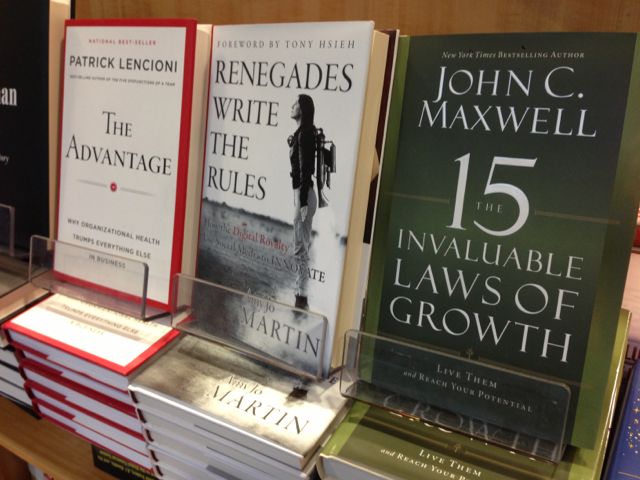“Guess she shoulda’ said “Yes, yes, yes, to rehab!” “Why all the fuss over some drug addicted singer when decent people were executed in Norway? They’re the ones who deserve our sympathy!”
The comments went on and on while all I could think was that this talented, troubled young woman was the same age as my son. Her family was grieving for her the same as the families of the shooting victims in Norway or the soldiers who died in wars or any other family who loses a loved one.
Why do we blame the victims of some illnesses? Lung cancer: That’s what you get for smoking. Addiction: Why don’t they just stop? Eating disorders: EAT already! Depression, anxiety and other mental disorders: They’re nuts! AIDS patients have been treated with scorn because surely they must have “asked for it” through their promiscuous homosexual behavior or IV drug use. HIV/AIDS was labeled “that gay man’s disease” early on, which was a very dangerous thing, as heterosexual transmission is the most common transmission worldwide.
My son and I had a discussion about the blame game not too long ago. Many of his patients are those who “asked for it”. He said that perhaps thinking that someone “asked for it” is a way for people to feel protected from such a fate.
Why do we give the person on a list for a heart transplant more sympathy than the person who is struggling with addiction in rehab? Perhaps it is because addiction causes behavioral changes in people who suffer from it? I noticed that, following my husband’s stroke 15 years ago, people were sympathetic to the fact that his brain had hemorrhaged and caused him physical disability. What they were unable to deal with were the changes in his personality. Sometimes he would burst into tears or fits of anger, which is expected when a person suffers from a traumatic brain injury. And yet comments were made to me about him “acting out”. Sympathy could be felt for the wheelchair but not for the tears. He should have been able to control the emotions, I suppose, even though the brain injury was as responsible for them as for his physical disability. Certainly the behavior issues were not to be ignored. Physical rehabilitation and emotional rehabilitation have to go hand in hand. And yet, if someone says they are seeking treatment for a physical illness they will generally get a much different reaction than if they say they are in treatment for a mental illness. I recently read an article that said that most of us won’t think twice about holding the door for someone with a physical disability, but not many doors are held open for someone who is hallucinating on the street. In fact, those doors are usually slammed shut.
“Compassion is not weakness and concern for others is not socialism.” – Hubert H. Humphrey

